What distinguishes a progressive web application (PWA) from a standard one?
Progressive web apps are web applications that are designed to look and feel like traditional mobile apps. They’re made utilizing HTML, CSS, and JavaScript, among other web technologies. A Progressive Online App (PWA) combines the functionality of native apps with the accessibility of web apps. Rather than investing in both a website and a native mobile app, you can opt for the more cost-effective alternative of constructing a PWA. The cost savings, as well as the other benefits, may impact your decision to create a progressive web app.
Progressive web app and a standard web app?
PWAs are web pages with built-in functionality that mimic the appearance and feel of a native web app. These tools can boost your earnings, improve the security of your website, and help you reach out to additional clients.
Progressive Web Apps (PWA) are web applications that integrate new technology with tried-and-true best practices to create dependable, accessible, and engaging experiences. With a user-friendly opt-in installation path, they provide users with a native-like experience.

Reliable
Regardless of network constraints, a PWA should launch and provide meaningful content to consumers. Offline functionality will vary depending on the program; some will be able to operate totally offline, while others will display useful placeholder data to alert the user that they are offline. The application should never crash or become unresponsive.
Responsive
Progressive Web Applications should be able to adapt to various screen sizes and orientations, ensuring that all users have a positive experience. A strong responsive design ensures that your app works with new devices in the future.
Engaging
Native applications have traditionally been more interesting than online applications. Push notifications can assist alert the user of vital information that requires their attention. Having an icon on the home screen makes it easy to go into the app, and having an icon on the home screen makes it easy to get into the app. Users may now get the same benefits from online apps using Progressive Web Applications.
Secure
Progressive Web Apps are by default secure. To work, the technologies that underlie PWA require apps to be served over HTTPS.
PWAs are less expensive to create than creating a website and a native app separately.
They aren’t downloaded like an app; instead, they are published and made available to consumers right away. It can contain standard mobile app features without having to be downloaded, and it will act like a website, which will improve the user experience.
Offline functionality and mobile data savings are also features of PWAs.
Although skipping the download process of native apps may benefit consumers, you may be missing out on users that mostly browse the app store.
Advanced app capabilities like using the camera on your mobile device or accessing your contacts information are not possible with a PWA.
PWAs won’t help individuals who are concerned about how long their phone’s battery lasts. They have a tendency to drain your phone’s battery faster.


What is the purpose of creating a progressive web app?
You should consider creating a PWA if your firm has an e-commerce site or advertises. This provides users with a more responsive, fast, and secure online and offline experience. PWAS can boost your conversion rate thanks to its great performance and ease of use.
When customers don’t have access to Wi-Fi or don’t want to waste their bandwidth, they can utilize a cache (software that saves data for later use) to see previously viewed information. They won’t have to play the popular offline T-Rex game from Chrome (though it can be a pleasant diversion at times).
If you want your website to reside on your users’ desktops, a Progressive Web App (PWA) allows them to install the app directly from the web, eliminating the requirement for an app store. PWAS, unlike apps, are always up to date, allowing your users to avoid the upgrade process.
PWAs offer native app-like functionality. Users’ geolocations may be checked, and push notifications can be sent, keeping your consumers engaged and interested.
PWAs work on whatever device that your users are using. They adapt to different screen sizes and give users the same experience on tablets, mobile devices, and desktop computers. Users may access your PWA on any device they want, making it simple for them to interact with it at any time.
Companies that have developed progressive web apps have seen considerable increases in revenue, conversion rates, and user engagement. When compared to their mobile app, user-generated ads grew by 44 percent, while ad click-throughs increased by 50 percent, according to a Pinterest case study on the performance of their PWA.
Providing a rich experience on your website will help you attract new clients and keep existing ones. It’s not always easy to get people to download your app, and once they do, you’ll need to have a strategy to keep them interested. This problem is solved with progressive web apps, which are easily discoverable without the need to download an app.
What is the process of creating a progressive web app?
You only need to follow a few steps whether you’re starting from zero or converting an existing app to a progressive web app.
For service workers and screen installation, PWAs demand that you use HTTPS. You’ll need to buy an SSL certificate from your domain registrar to do so. You’ll also need to add a manifest.json file in your application’s root directory. This sounds a lot like an app description on the App Store. This is where you may enter information about your web application as well as how it should behave once it is installed.
Consider user experience, functionality, and expenses while considering whether or not to design a progressive web app. If you’re ready to construct a PWA or aren’t sure if your organization will benefit from one, we can assist you to figure out if it’s worth it.


Wrapping Up
The most difficult aspect of software development is distribution. App developers frequently invest more in distribution than they recover. The web platform solves this problem, although web apps have typically been less capable than native apps. With the introduction of Progressive Web Apps (PWAs), web apps have become just as competent as native apps, offering features like push notifications and Add to Home Screen without sacrificing the web’s reach.
Algoscale is a custom application development company in the US that has a proven track record of successfully delivering custom software solutions to organizations by combining industry experience to produce robust and scalable custom software. We create unique custom software solutions to assist digital transformation and help organizations streamline their operations using our domain experience and technological prowess.












